Shakespeare's Humanism
Renaissance humanists believed that if you want to build a just society you must begin with the facts of human nature. This book argues that the idea of a universal human nature was as important to Shakespeare as it was to every other Renaissance writer. In doing so it questions the central principle of post-modern Shakespeare criticism. Postmodernists insist that the notion of defining a human essence was alien to Shakespeare and his contemporaries; as radical anti-essentialists, the Elizabethans were, in effect, postmodernists before their time. In challenging this claim Shakespeare's Humanism shows that for Shakespeare, as for every other humanist writer in this period, the key to all wise action was 'the knowledge of our selves and our human condition'.
{{comment.content}}
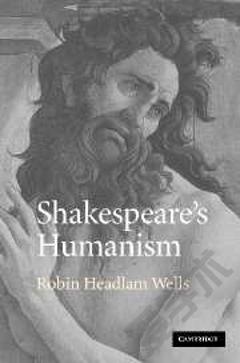
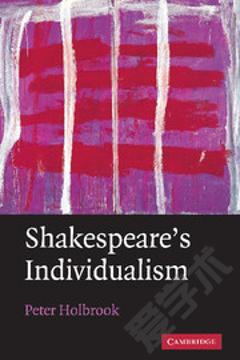
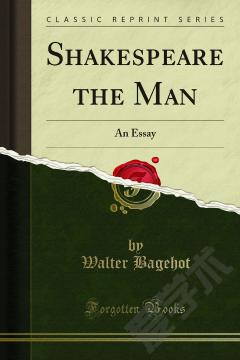
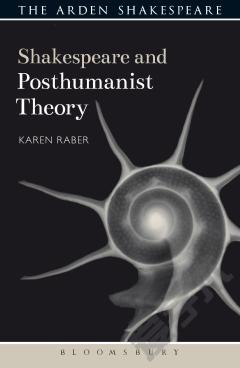


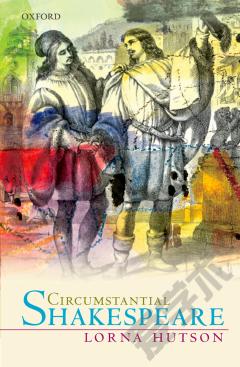

 京公网安备 11010802027623号
京公网安备 11010802027623号